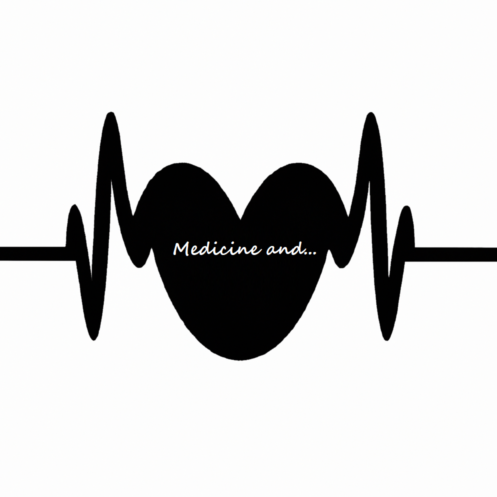There are several types of arrhythmias, or abnormal heart rhythms, that can occur. Some common types include:
- Atrial fibrillation: This is a type of irregular heartbeat that occurs when the upper chambers of the heart (the atria) beat too fast or too erratically. It can cause symptoms such as palpitations, shortness of breath, and fatigue.
- Atrial flutter: This is similar to atrial fibrillation, but the atria beat in a more organized and regular pattern. It can also cause palpitations and other symptoms.
- Ventricular tachycardia: This is a rapid heartbeat that occurs in the lower chambers of the heart (the ventricles). It can be life-threatening if left untreated, as it can cause the heart to pump less effectively and potentially lead to cardiac arrest.
- Ventricular fibrillation: This is a serious and potentially fatal arrhythmia in which the ventricles quiver instead of contracting in a coordinated way. It can cause the heart to stop pumping blood and can lead to cardiac arrest.
- Supraventricular tachycardia: This is a rapid heartbeat that originates in the atria or the atrioventricular node (AV node), which is a small structure that conducts electrical impulses between the atria and the ventricles. It can cause palpitations and other symptoms.
- Bradycardia: This is a slow heartbeat, typically defined as a heart rate of less than 60 beats per minute. It can cause symptoms such as dizziness, fatigue, and fainting.
It’s important to note that these are just a few examples of the different types of arrhythmias that can occur. If you are experiencing abnormal heart rhythms or any other symptoms that concern you, it’s important to speak with a healthcare provider.

Leave a Reply